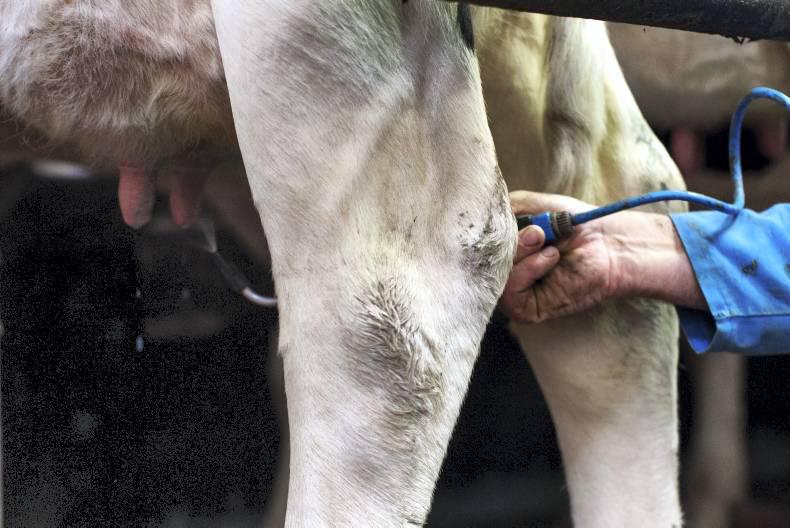Talks are set to continue on the opening of a new infant formula plant in the southeast.
Last week, the Irish Farmers Journal exclusively reported that the world’s largest food company Nestlé was at an advanced planning stage for a new infant nutrition plant on land at Belview on the Kilkenny-Waterford border.
Work is believed to be under way on the engineering and planning aspect of the project.
The Irish Farmers Journal now understands that talks between all parties are set to recommence at the end of August.
There are various groups involved in such a deal thought to be worth hundreds of millions of euro. Enterprise Ireland (EI) works with companies on planning and developing of major infrastructure projects. EI previously worked with Nestlé on the announcement of a €25m expansion of its Research and Development Centre in Askeaton, Limerick.
Last week, in a statement to the Irish Farmers Journal, EI would neither confirm nor deny that a development is under way in Belview.
As well as EI, the Industrial Development Authority (IDA) is likely to be involved.
The land is also likely to be land which the IDA owns. Glanbia’s facility in Belview is built on lands previously owned by the body which is responsible for attracting businesses and companies to establish operations in Ireland.
The Department of An Taoiseach, as well as Jobs, Enterprise and Innovation and the Department of Agriculture would be involved in talks at various stages throughout the process.
Nestlé already has a major specialised nutrition plant in Askeaton, which was acquired when the company bought the Wyeth Nutrition division from Pfizer in 2012.
Infant formula
Ireland has a strong tradition with the manufacturing of infant formula. Nestlé as well as Danone and Abbott all have facilities in Ireland. Ireland supplies an estimated 11% to 16% of the global infant formula.
What is yet unclear is how many, if any, domestic dairy processors will supply produce to the new facility. Infant formula, or specialised nutrition, companies usually have a number of domestic suppliers as well as sourcing produce from other European countries on the spot market.






 This is a subscriber-only article
This is a subscriber-only article










SHARING OPTIONS: